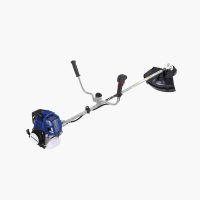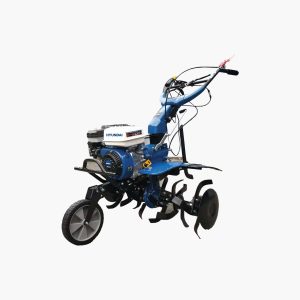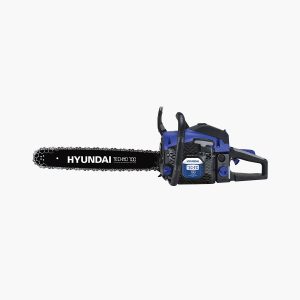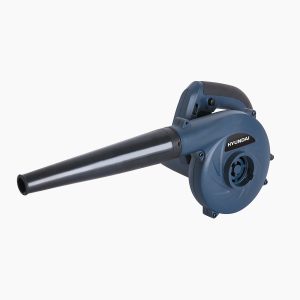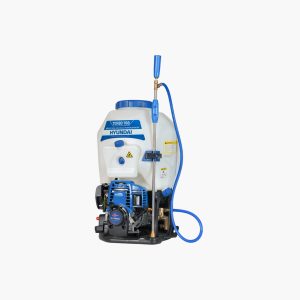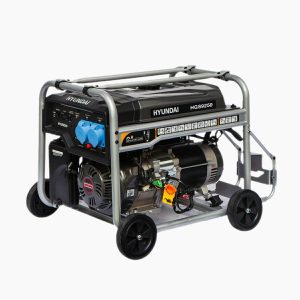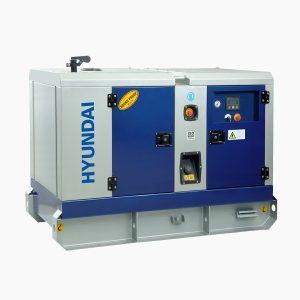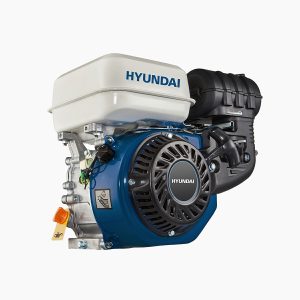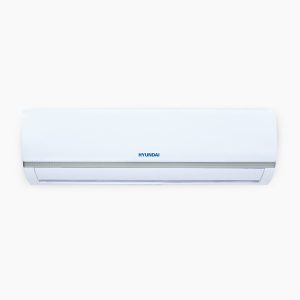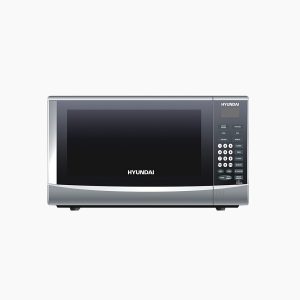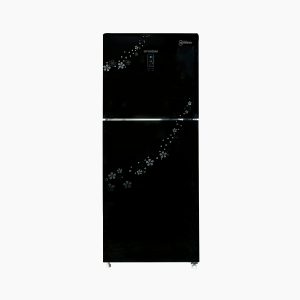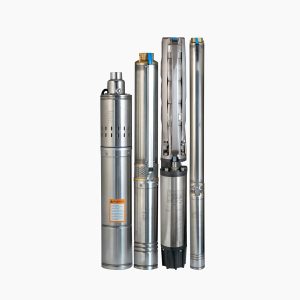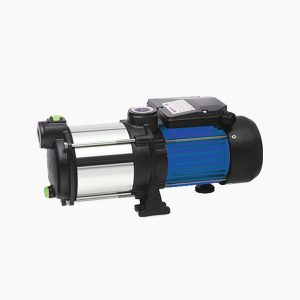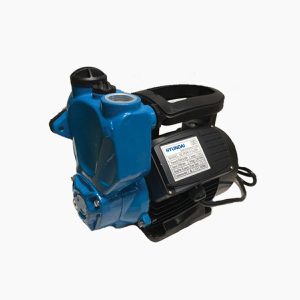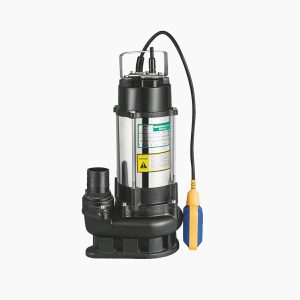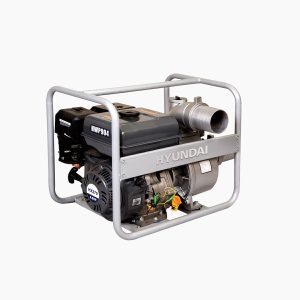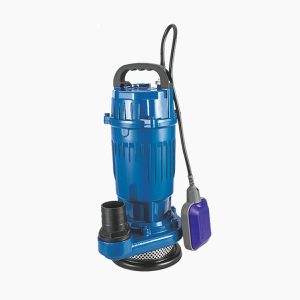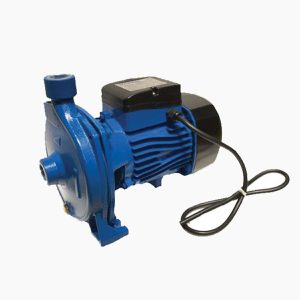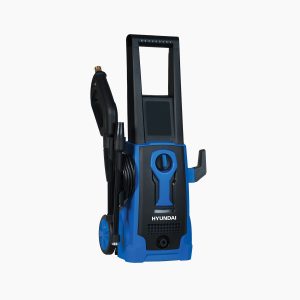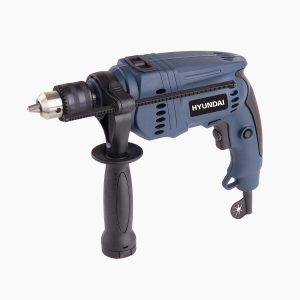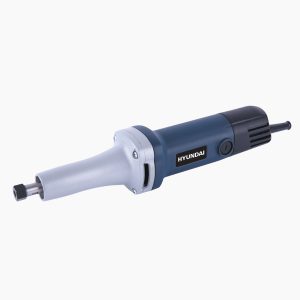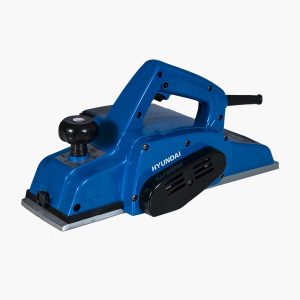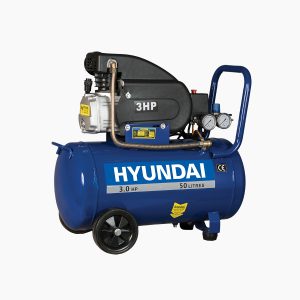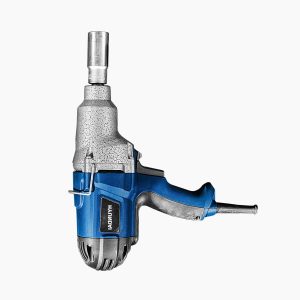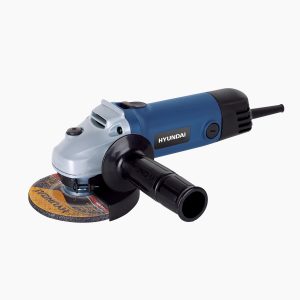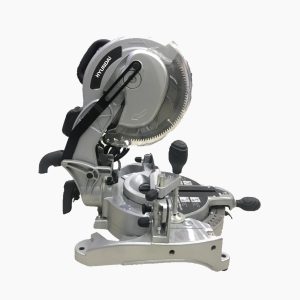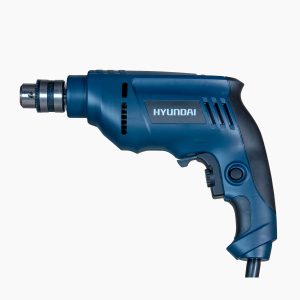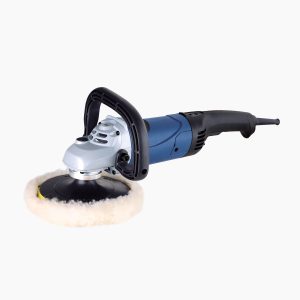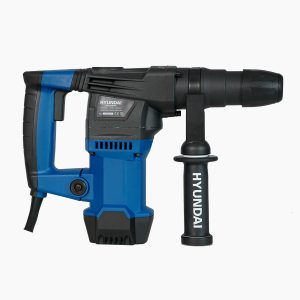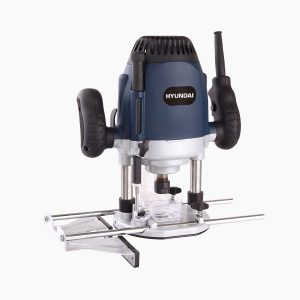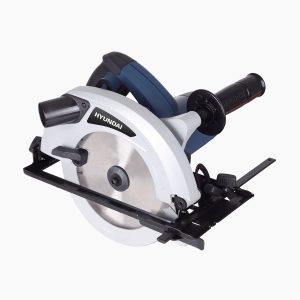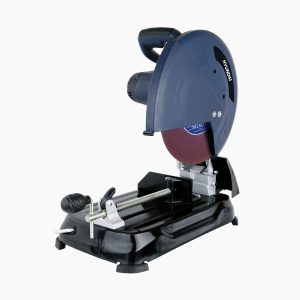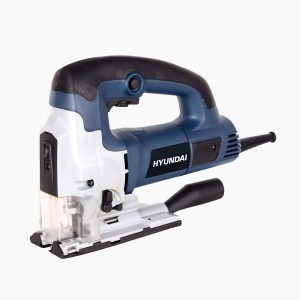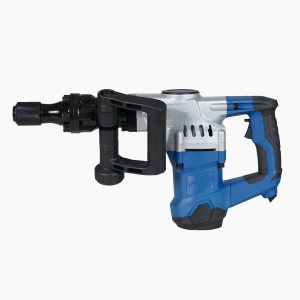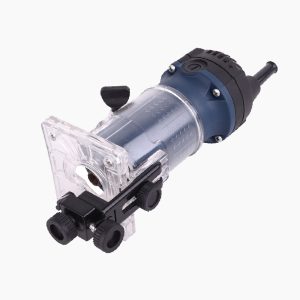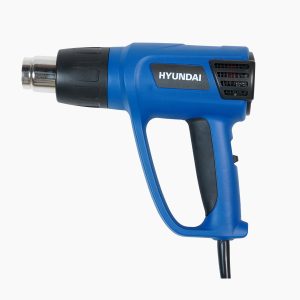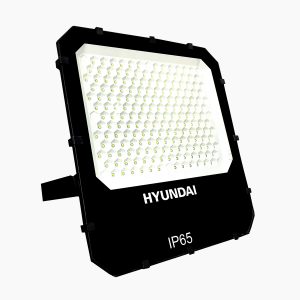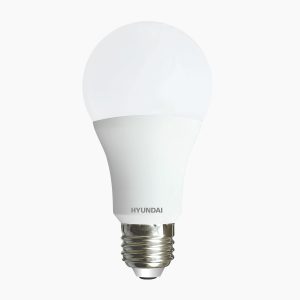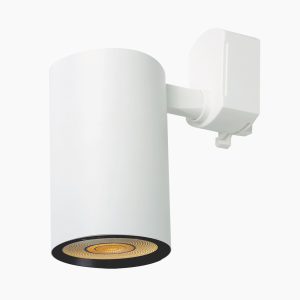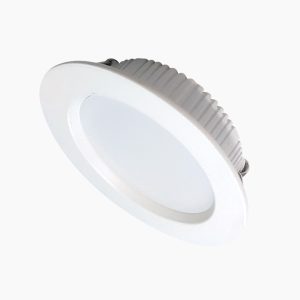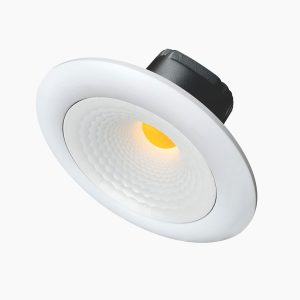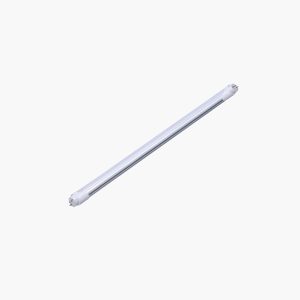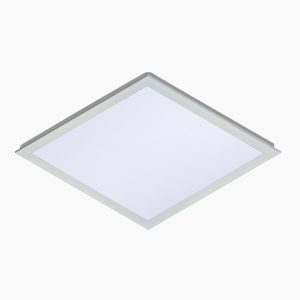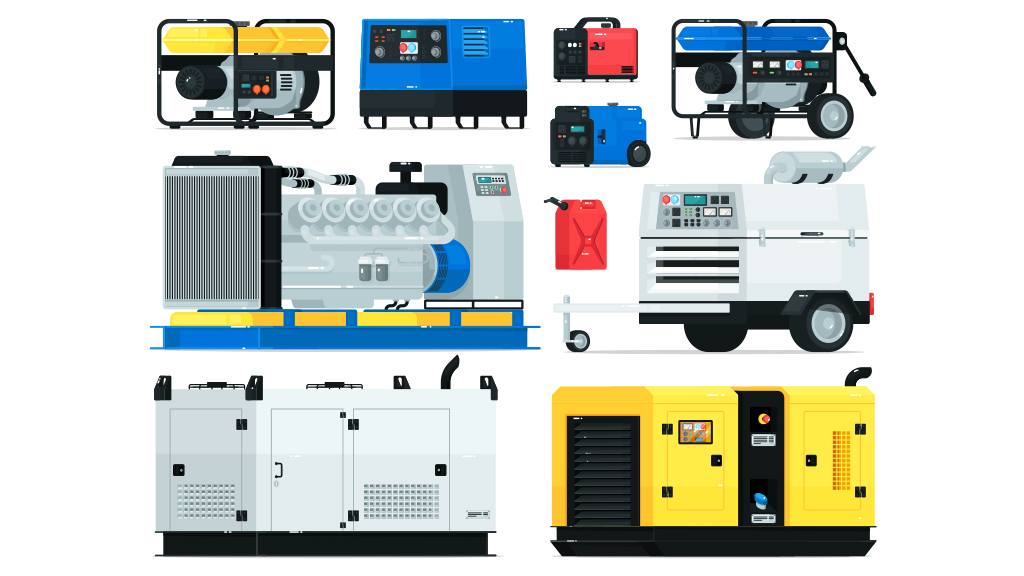Introduction:
In an era where power outages are inevitable, having a reliable generator is essential for homeowners seeking to maintain comfort and functionality during unforeseen disruptions. Selecting the right generator tailored to your home’s needs involves careful consideration of various factors. This comprehensive guide aims to assist homeowners in navigating the process of choosing the perfect generator for their haven, emphasizing the essential aspects of how to choose a generator for home use.
- Assess Your Power Needs: The first step in selecting a generator is to assess your household’s power requirements. Take inventory of essential appliances, lighting, heating or cooling systems, and electronic devices you want to keep operational during an outage. This evaluation will help determine the generator’s size and power capacity needed to meet your specific needs.
- Understand Generator Types: Generators come in various types, including portable generators and standby generators. Portable generators offer flexibility but may require manual operation, while standby generators automatically kick in during power outages. Consider your lifestyle and the level of convenience you desire when choosing between these two types.
- Fuel Type: Generators are powered by different fuel sources such as gasoline, propane, diesel, or natural gas. Each fuel type has its pros and cons. Gasoline is widely available but has a shorter shelf life, while propane and diesel offer better fuel storage options. Natural gas generators provide a continuous fuel supply but may require a dedicated natural gas line. Evaluate the availability and convenience of fuel sources in your area before making a decision.
- Generator Size and Capacity: Generator size is measured in kilowatts (kW). Calculate the total power consumption of your essential appliances and devices to determine the appropriate generator size. It’s crucial to choose a generator with sufficient capacity to handle both the starting and running power requirements of connected appliances.
- Consider Inverter Technology: Inverter generators are known for their clean and stable power output, making them ideal for powering sensitive electronic devices. If you have electronics with delicate components, consider investing in an inverter generator to prevent potential damage during power fluctuations.
- Automatic Transfer Switch (ATS): For standby generators, an automatic transfer switch (ATS) is essential. The ATS detects a power outage and automatically transfers the electrical load from the grid to the generator. This seamless transition ensures that your home remains powered without any manual intervention.
- Noise Level: The noise level of a generator is a crucial factor, especially for those living in close-knit communities. Inverter generators are generally quieter than traditional generators, making them a preferable choice for residential use. Check the decibel rating of the generator to ensure it aligns with your comfort and noise regulations.
- Run-Time and Fuel Efficiency: Evaluate the generator’s run-time on a full tank and its fuel efficiency. A generator with a longer run-time and better fuel efficiency will require less frequent refueling, providing more convenience during extended power outages.
- Ease of Maintenance: Consider the ease of maintenance when choosing a generator. Look for models with accessible parts, clear maintenance instructions, and easy-to-find replacement components. Regular maintenance is crucial for the longevity and optimal performance of your generator.
- Budget Considerations: Set a budget for your generator purchase, considering not only the initial cost but also ongoing expenses such as fuel, maintenance, and potential installation costs. While quality should not be compromised, there are generators available at various price points to accommodate different budgets.
- Read Customer Reviews: Before finalizing your decision, read customer reviews and testimonials for the generators you are considering. Real-world experiences can provide valuable insights into the reliability, performance, and customer satisfaction associated with specific generator models.
Conclusion:
Choosing the right generator for your home is a significant decision that requires thoughtful consideration of various factors. By assessing your power needs, understanding generator types, and considering aspects such as fuel type, size, and capacity, you can make an informed decision that ensures your home remains a haven of comfort and functionality during power outages. Whether opting for a portable generator or a standby generator with an automatic transfer switch, this guide on how to choose a generator for home use empowers homeowners to make a selection that aligns with their specific requirements and preferences.

